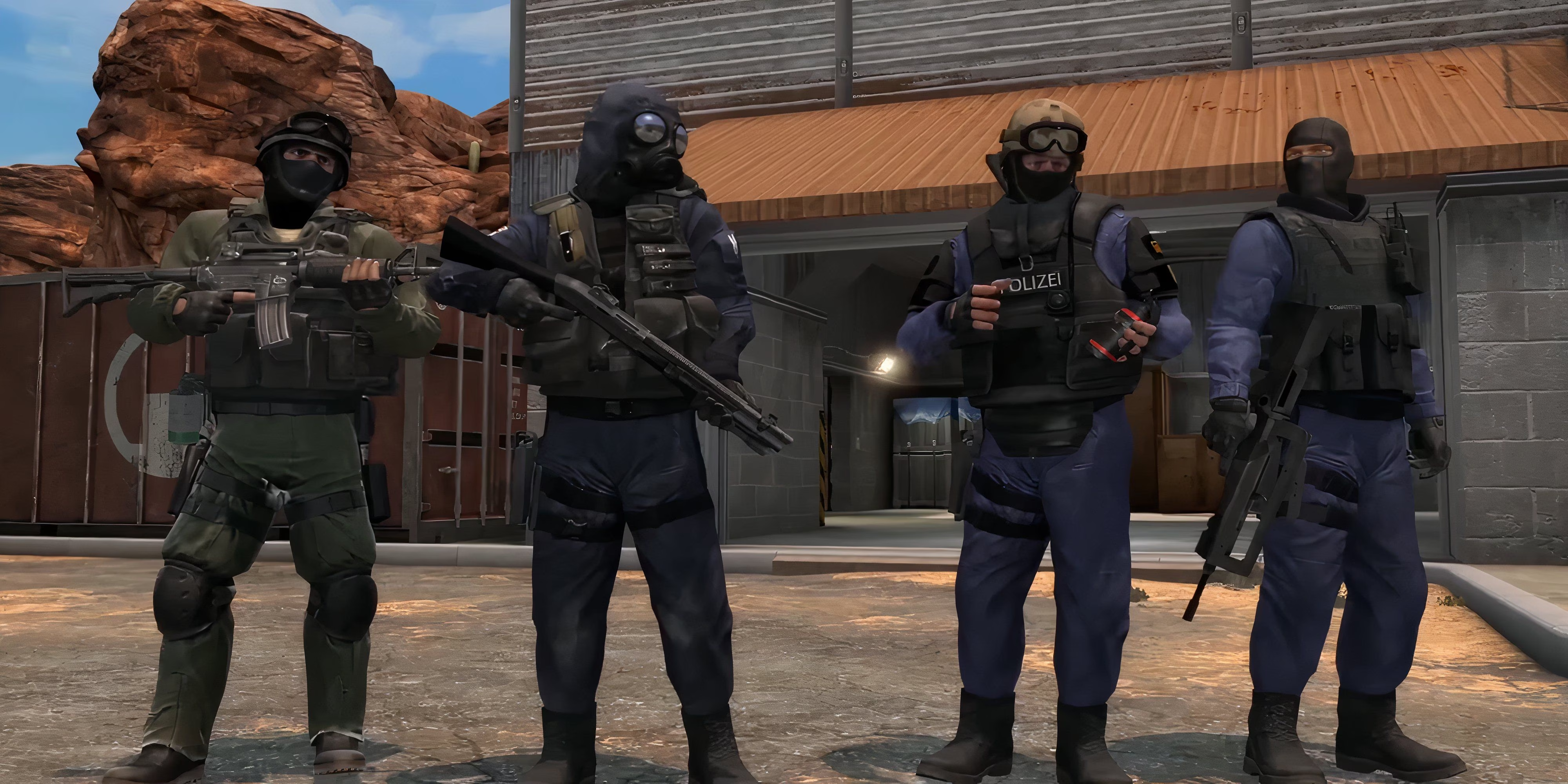Valve's Controversial Shutdown of Counter-Strike Classic Offensive After Eight Years of Development
Valve's cease and desist abruptly halts Counter-Strike Classic Offensive, a beloved, eight-year community project, sparking outrage and industry debate.
In a shocking turn of events that has sent ripples through the gaming community, Valve has issued a Cease and Desist order against Counter-Strike Classic Offensive, effectively terminating an eight-year development project mere hours before its scheduled release. The mod, which aimed to recreate the original Counter-Strike experience with modern enhancements, has been abruptly canceled despite having received official approval from Valve back in 2017.
The Rise and Fall of a Community Project

The Counter-Strike Classic Offensive team described their project as an "homage to the original vision and mechanics of the game that started it all." Over its eight-year development cycle, the project involved the contributions of more than 100 developers working across various disciplines including mapping, modeling, modding, and beta testing.
The team had been making steady progress and was on the verge of releasing their creation to eager fans when trouble began brewing. In March 2025, Valve reached out with concerns that the mod might not comply with their guidelines, prompting the developers to conduct an audit and make necessary adjustments to meet Valve's standards.
Despite these efforts, the situation took a dramatic turn in April when Valve delivered the killing blow—a Cease and Desist order citing "derivative content" based on their intellectual property. This legal action came just hours before the planned launch via ModDB, leaving both developers and fans in disbelief.
A Timeline of Contradiction
The Classic Offensive team had submitted their build for review in October 2024, only to receive a rejection in January 2025 with the vague explanation that it was "not a good fit." This rejection stood in stark contrast to Valve's previous greenlight approval granted in 2017.
In an emotionally charged statement released on Twitter, the development team expressed their devastation: "After eight years of development and despite being officially greenlit by Valve in 2017, we are devastated to announce the cancellation of Classic Offensive. This decision follows abrupt actions by Valve that prevent us from releasing or continuing development on the project."
To document their journey and the unexpected conclusion, the team has created a comprehensive website featuring a complete timeline of the mod's development and their interactions with Valve.
Community Backlash and Industry Implications
The gaming community's response to the shutdown has been swift and passionate. Many have directed their frustration toward Valve, criticizing the company for being "out of touch" and urging them to reconsider their decision or, at minimum, offer an apology to the developers whose work has been nullified.
This incident raises significant questions about the future of modding within Valve's ecosystem. The Classic Offensive team highlighted this concern in their statement:
"This position stands in stark contrast to Valve's own greenlight approval of Classic Offensive, their historical tolerance (and benefit from) extensive modding communities, and the previous three decades of modding tradition that shaped many of their successful games. Many careers, features, and game modes originated from Counter-Strike's community mods, yet modding keeps becoming increasingly restricted."
The Broader Impact on Gaming Culture
The sudden termination of Counter-Strike Classic Offensive establishes a troubling precedent for community-driven projects. 😟 It demonstrates that even after years of dedicated work—and even with initial corporate approval—projects can be eliminated without warning.
For the modding community, this case serves as a sobering reminder of the precarious nature of their passion. Modders must now reconsider their relationship with Valve, a company that has historically benefited from community creativity while maintaining the power to shut down projects at will.
The situation becomes particularly ironic when considering that Counter-Strike itself began as a mod for Half-Life before Valve acquired it and transformed it into one of the most successful game franchises in history. Many other popular games and features that have generated significant revenue for Valve also originated from community mods.
What This Means for the Future
The gaming industry has always existed in a delicate balance between corporate interests and community innovation. Mods have traditionally served as an incubator for new ideas, mechanics, and even entirely new genres. They provide a training ground for aspiring developers and extend the lifespan of games far beyond their initial release.
With Valve's actions against Counter-Strike Classic Offensive, that relationship appears increasingly one-sided. The company continues to benefit from community creativity while imposing stricter limitations on what modders can create.
This incident may prompt other companies to reassess their approach to modding communities. Some might see value in nurturing these ecosystems, while others might follow Valve's lead in exerting tighter control over their intellectual property.
As we move forward in 2025, one question remains uncomfortably unanswered: In an industry that was built on the foundation of modification and community innovation, what will be the cost of corporations increasingly restricting the very creativity that made them successful in the first place?